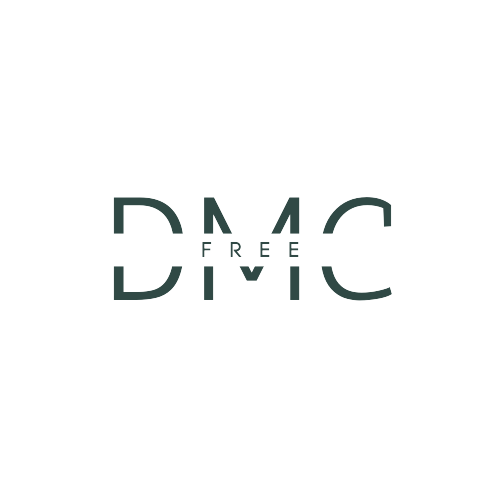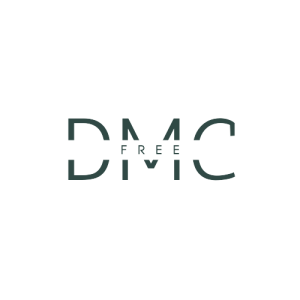
The sphere of web development has continuously reshaped itself in recent times. With the wave of digitization touching every business facet, now seems like the perfect moment for budding developers to step in. As organizations, from startups to enterprises, race to amplify their digital visibility, the call for proficient developers is louder than ever. But what’s the blueprint to thrive as a web developer amidst today’s intense competition? Let’s sprinkle in some “web toppings” to flavor our understanding of this journey.
Table of Contents
Understanding the ‘Web Toppings’ of Development:
Before delving into the nuances of web development, it’s crucial to understand the foundational “web toppings” that make up the core of this domain.
- Front-end Development pertains to everything users visually experience directly in their browsers. Think of it as the décor and layout of a website.
- Back-end Development: This concerns all the background processes that power the front-end experience, much like the engine beneath the hood of a car.
- Full-stack Development: A blend of front and back-end, full-stack developers can build comprehensive web solutions from scratch.
Web Development vs. Software Engineering
| Criteria | Web Development | Software Engineering |
|---|---|---|
| Definition | Building, creating, and maintaining websites. | Application of engineering principles to the software development process. |
| Specialization Areas | – Front-end (Client-side) Development- Back-end (Server-side) Development- Full-stack | – Systems Software Developer- Applications Software Developer- Embedded Systems Developer |
| Languages & Tools | HTML, CSS, JavaScript, PHP, Ruby, Python, MySQL, React, Angular, etc. | Java, C++, C#, Swift, Go, SQL, UML, .NET, and many more depending on the application. |
| Scope | Primarily websites and web applications. | Broad, including web apps, mobile apps, desktop applications, embedded systems, etc. |
| Approach | Usability and aesthetics of a site/application. | System architecture, functionality, and reliability. |
| Depth of Knowledge | Deep understanding of coding for web applications. | In-depth system architecture and design principles consideration. |
It’s worth noting that the boundaries between web development and software engineering can be fluid, with some professionals crossing between roles during their careers.

Laying Down the Path to Web Development:
- Educational Background:
- While having a degree in computer science or a related field is beneficial, many successful developers are self-taught or come from non-technical backgrounds. Platforms like Codecademy, Udemy, and Freecodecamp offer many resources to kickstart your web development journey.
- Choose Your Specialization:
- Determine whether you’re inclined towards front-end, or back-end, or wish to earn those Full-Stack Web Salaries as a full-stack developer. Your choice will guide the “web toppings” and tools you delve into.
- Master the Essential Tools & Languages:
- Depending on your specialization, familiarize yourself with the required programming languages and tools.

Table: Web Development Tools & Languages
| Specialization | Key Languages | Essential Tools |
|---|---|---|
| Front-end | HTML, CSS, JavaScript | React, Bootstrap |
| Back-end | Python, Java, PHP | Node.js, Django |
| Full-stack | Combination of both | MERN Stack, MEAN Stack |
- Practical Experience:
- Theory without practice is ineffective in the web development world. Regularly work on personal projects, contribute to open-source, or even undertake freelance tasks to gather real-world experience.
- Stay Updated with the Latest Web Toppings:
- The web development landscape is ever-evolving. Make it a habit to stay informed about the latest trends, tools, and best practices in the industry.
- Networking:
- Join web development forums, attend workshops, webinars, and conferences. Networking with professionals can lead to job referrals and expose you to different methodologies and practices.
- Build a Robust Portfolio:
- Showcase your skills and projects. Potential employers or clients often give considerable weightage to a well-documented portfolio.
Web Developer’s Salaries by Country
| Country | Average Annual Salary (in $) |
|---|---|
| United States | $70,000 – $100,000 |
| Australia | $60,000 – $85,000 |
| United Kingdom | $45,000 – $70,000 |
| Canada | $55,000 – $80,000 |
| Germany | $48,000 – $75,000 |
(Note: Individual compensation can differ based on experience, city, expertise, and other factors.)
Conclusion:
Embarking on the journey to become a web developer in 2023 demands more than just understanding code. It’s about appreciating the various “web toppings” that enrich websites, ensuring optimal user experiences and staying agile in a rapidly advancing tech ecosystem. With dedication, continuous learning, and a sprinkle of passion, your web development career is set to soar!
FAQs on Becoming a Web Developer
1. How long does it take to become a web developer?
- The time frame varies based on the individual’s background and the learning path they choose. While a formal degree can take 3-4 years, boot camps and self-paced online courses can enable one to start an entry-level job in as little as 6-12 months.
2. Is it hard to study web development?
- Web development can be challenging due to its technical nature, but with dedication and consistent practice, many find it manageable and rewarding.
3. What are 3 types of web development?
- The primary three types are:
- Front-end Development: Dealing with website visuals and user interface.
- Back-end Development: Handling databases, servers, and application logic.
- Full-stack Development: Combining both front-end and back-end expertise.
4. Can I learn web development myself?
- Absolutely! There are numerous online resources, courses, and tutorials available. Many successful web developers are self-taught.
5. What qualifications does a web developer need?
- While formal degrees in computer science or related fields are advantageous, they aren’t mandatory. Many developers get started with certifications from online platforms, bootcamps, or by building a solid portfolio of personal projects.
6. Can a non-IT person become a web developer?
- Yes, many web developers come from non-IT backgrounds. What’s crucial is a passion for technology, a willingness to learn, and consistent practice.


